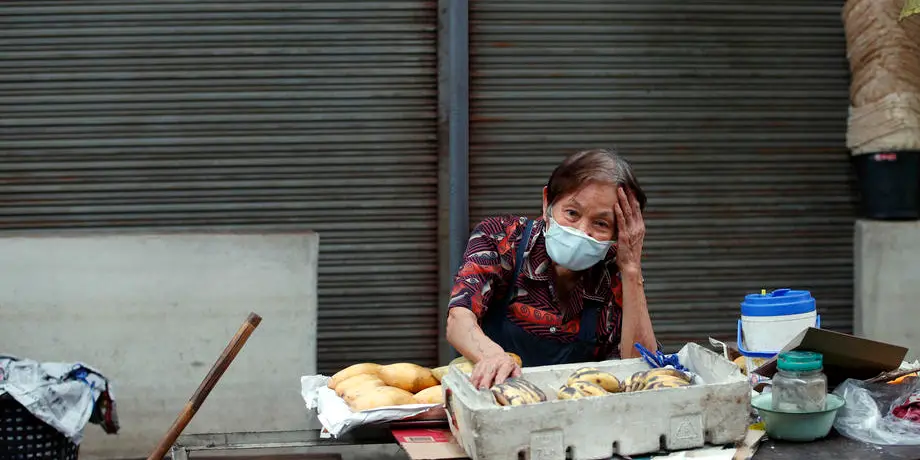
Thailand’s year-long emergency is unnecessary and disproportionate, regional MPs say
March 25, 2021

JAKARTA – In the one year since Thailand declared an “emergency situation” to curb the spread of COVID-19, the government has used it as an excuse to crack down on fundamental freedoms, particularly amid a rise in anti-government demonstrations in the country, lawmakers across Southeast Asia said today. The parliamentarians urged authorities to lift the emergency and end its crackdown on critics and peaceful protesters.
“It’s absurd that Thailand still has its emergency in place after a year, when the number of COVID-19 cases have remained at a low level. While it’s crucial for the government to take steps to protect its people from the virus, the authorities’ repeated use of the emergency against critics and peaceful protesters make it clear that it has been used to end the demonstrations rather than the pandemic,” said Mu Sochua, a Board Member of ASEAN Parliamentarians for Human Rights (APHR), and a former Member of Parliament (MP) in Cambodia.
“Emergency measures should be put in place to deal with a specific threat, in this case health, not an opportunity to curtail voices the government doesn’t like,” added Mu.
On 25 March 2020, a year ago today, the Thai Prime Minister declared a state of emergency under a 2005 Emergency Decree, which allowed him to issue restrictive regulations such as a ban on gatherings, prohibit publications on overly-broad grounds, and the use of routes or vehicles. Violations of these regulations carry a prison sentence of up to two years.
The Decree makes no mention of parliamentary scrutiny, limits legal challenges, and extensions of the declaration of emergency only require approval from the Council of Ministers. This is in violation of international standards.
The emergency has been used to excessively restrict civil liberties and lacks any real safeguards to prevent such abuse in the first place, said APHR.
In addition, the emergency regulations have clearly been used to crackdown on the nationwide protest movement that swept the country. According to human rights organization Thai Lawyers for Human Rights (TLHR), the emergency regulations have been invoked against at least 314 people. Eighty-six of these cases were made under the current emergency to respond to the pandemic. The remaining cases were under a different serious emergency situation declared in response to protests, which lasted from 15 to 22 October 2020. Most of those facing charges are peaceful protesters, and government critics.
Peaceful protests have also been met by authorities with excessive use of force, including the use of batons, rubber bullets, tear gas, and water cannons. According to Amnesty International, more than 380 protesters, including 13 children, face criminal charges while alleged protest leaders remain in detention. They have been calling for major changes to Thailand’s political order, including the release of detained activists, the enactment of a new Constitution, and reforms to the monarchy.
“Prime Minister Prayut should realize that a conducive environment for open debate will only develop public trust in his government and contribute to the fight against the COVID-19 pandemic. This means allowing its people to participate in democratic processes, such as to peacefully assemble and express opinions, as well as ensure that important decisions related to emergencies are promptly reviewed by parliament. Rather than prosecuting critics, he should engage in open and constructive dialogues to respond to their demands,” said Mu.
ASEAN Parliamentarians for Human Rights (APHR) was founded in June 2013 with the objective of promoting democracy and human rights across Southeast Asia. Our founding members include many of the region's most progressive Members of Parliament (MPs), with a proven track record of human rights advocacy work.